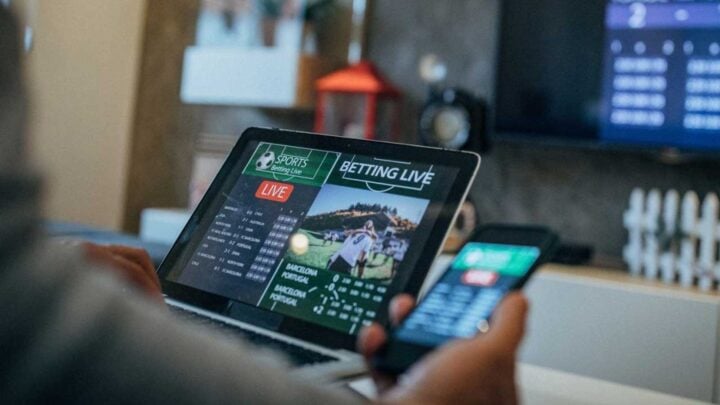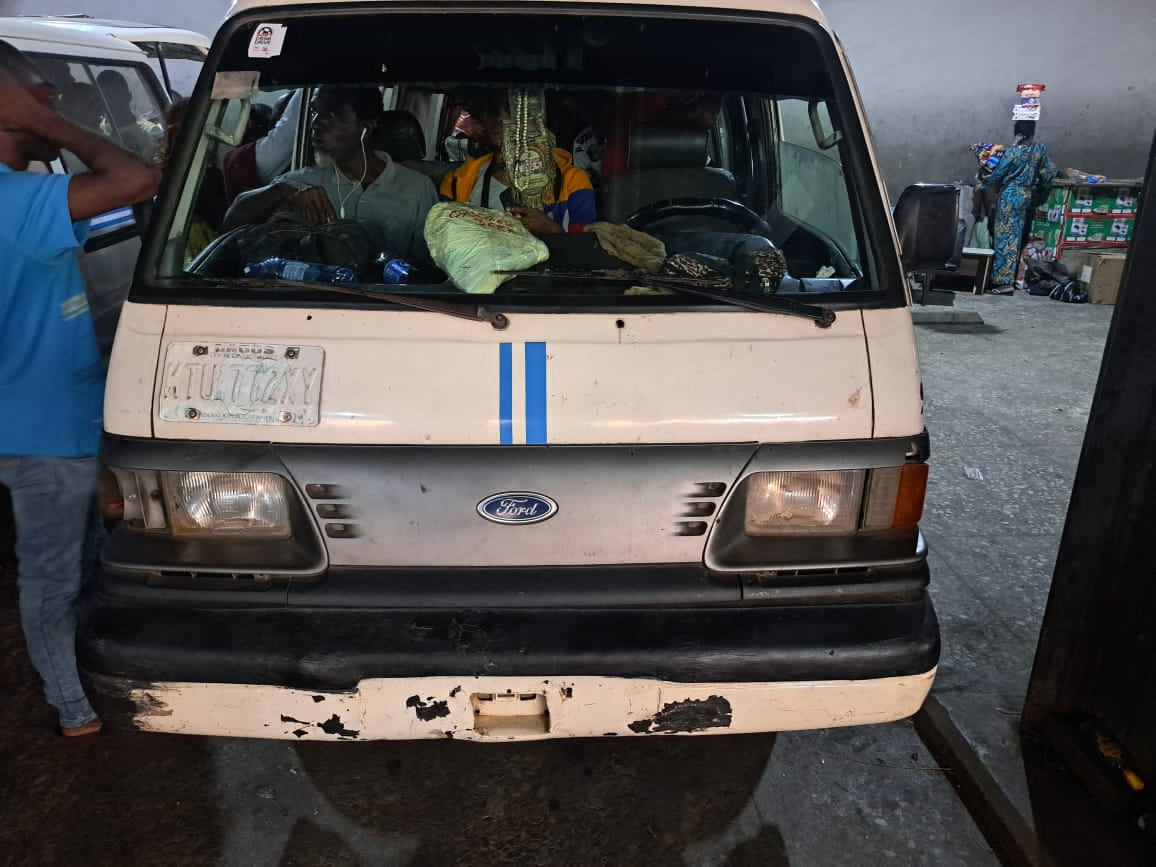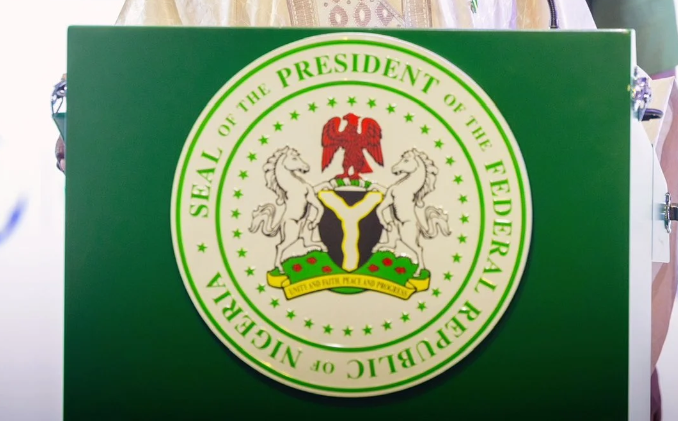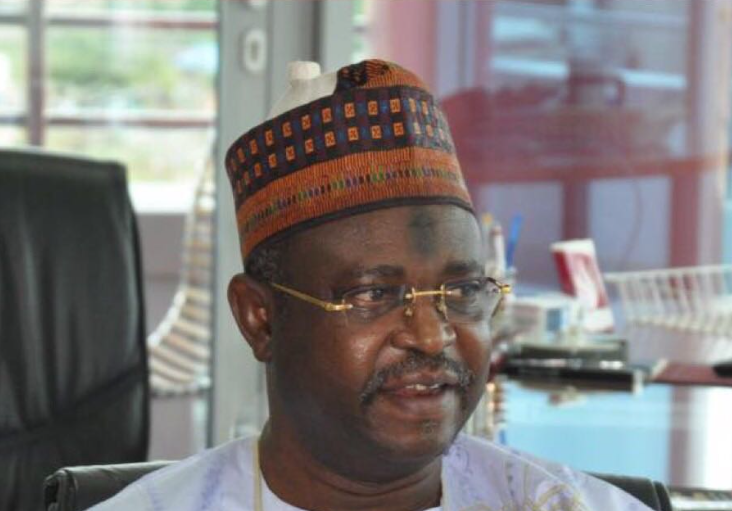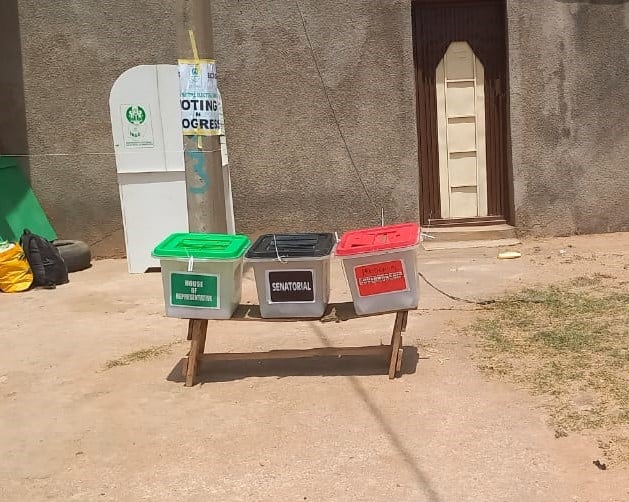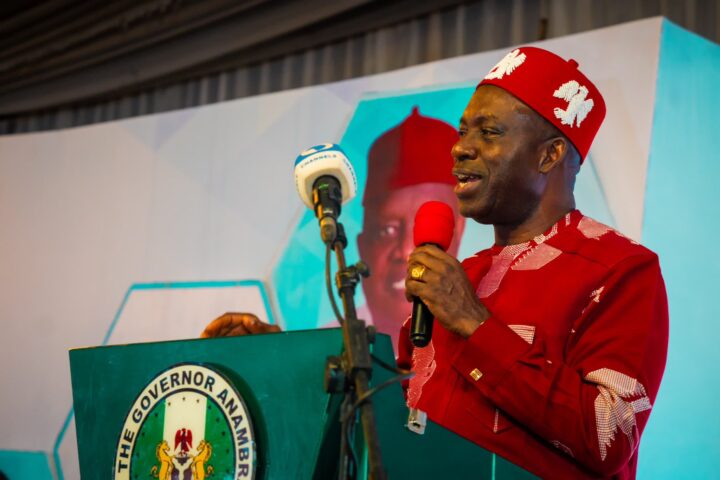BY ADAGHER TERSOO
Nigeria like several other countries in the world has embraced sports betting as a revenue-generating venture to finance both critical infrastructure and other sectors of the economy. The meteoric rise in online gambling opportunities presents one of the most consequential tasks for stakeholders in the education sector and policymakers to tap into sports betting gambling as revenue to finance our tertiary education sector.
This will in no small measure expand the pool of TETFund from the current 3 percent tax being collected across all operational companies in Nigeria in funding our tertiary education.
I posit that revenues from gambling more broadly can serve dual policy objectives not only as a source of revenue for the funding of our tertiary education but also as a deterrent. Such revenues need to be categorised in the same bracket as other well-known health “bads” such as alcohol, tobacco and sugary beverages with a potential to be earmarked as additional financing for tertiary education in Nigeria.
Advertisement
Gambling revenues are already widely accepted as financing for sports in several countries. The establishment of TETFund was a homegrown solution to address issues of funding to rehabilitate decaying infrastructure, restore the lost glory of education and confidence in the system as well as consolidate the gains thereto; build the capacity of teachers and lecturers; teacher development; develop prototype designs; etc. In establishing TETFund, Nigeria identified it as an intervention agency that will finance our tertiary education sector, and in this regard, the country has a limited ability to raise public financing to overhaul our tertiary education owing to the meagre budgetary allocations available to run our citadels of learning.
It must expedite action on strategies to increase the share of total education spending coming from public financing. Nigeria has one of the lowest public financing for education globally spending 0.5 per cent (2017) of its GDP in Education spending.
This is lower than both the regional average (2.4 percent) and the average for its income group (2.8 percent) of increase in mobile phone penetration, internet access, online payment options and liberalization of regulations on advertising led to a profound proliferation of gambling in Nigeria. This was marked by a shift from the traditional forms of gambling like pools, casino gambling and national lotteries to new modes like sports betting and online betting, amongst other forms.
Advertisement
The level of participation in the gambling industry in Nigeria portends the size of the emerging problem. A study of the Nigerian general population found that 36 percent of adult respondents had gambled, of which 53 percent are daily gamblers. Another study indicates that well over 70 percent of Nigerian youths now indulge in gambling as a form of entertainment. These high numbers should not be surprising with the level of aggressive, unfettered advertisements and promotions undertaken by the betting companies. The mega sponsorship deals by betting companies in Big Brother Naija in 2023, (BETNAIJA) and 2020 (BETWAY) attests to this. The gambling industry argues that its products are simply another form of entertainment, like going to movies and football games and as such consumers are willing to pay a price for entertainment.
The humongous revenues generated by sports betting companies reflect the increasing participation of Nigerians in gambling. The habit comes at a cost as it is estimated that 60 million Nigerians between 18 and 40 years of age may be spending up to N1.8 billion on sports betting daily at an average N3,000 (nearly $15). Proportionately, nearly N2 billion is laid out on sports betting in Nigeria every day, which turns into nearly N730 billion for a year.
We are describing a $2billion industry! Data from 2016 shows the top ranked betting company(s) in Nigeria rake in an average monthly turnover of $10m whilst other mid-ranked companies turn in an average turnover of $3m-$5m with a 20-30 percent margin on profit. A report by PWC in 2018 revealed Nigeria as the second largest online gambling market in Africa with a Gross Gaming Revenue (GGR) of $58 million, noting that the GGR will rise by 16 percent over five years.
It is important to note that the revenue raised by the gambling industry has successfully tapped into a demographic that has traditionally escaped the best efforts of governments to raise revenue. Sixty percent of the Nigerian economy is in the informal sector and this is where most pundits lie.
Advertisement
Not surprising given the level of technology and innovation that drives the gambling industry. It is argued that taxes from gambling are regressive that is – the poor are worse off. This article has emphasised the role of using sports betting revenue to deepen the financial pool of TETFund in funding our public tertiary institutions. And this innovative financing will enhance domestic revenue utilisation mobilisation (DRuM) as key to ameliorating the budgetary deficit of our tertiary education.
The revenues from gambling as a “demerit” good will be important to Nigeria’s DRuM efforts within the context of expanding TETFund’s financial pool.
This article acknowledges the innovative efforts of the gambling industry in building an industry from a mostly informal economy but also warns of the perils of the rising prevalence of our emerging youths becoming gamblers.
It makes sense that the economic resources generated from gambling taxes be earmarked for desirable social purposes like financing tertiary education in Nigeria as an additional but earmarked source of revenue. The tertiary education tax fund TETFund Act provides a vehicle to implement this.
Adagher Tersoo, a critic and public affairs analyst, can be reached via [email protected]
Advertisement
Views expressed by contributors are strictly personal and not of TheCable.
Add a comment
